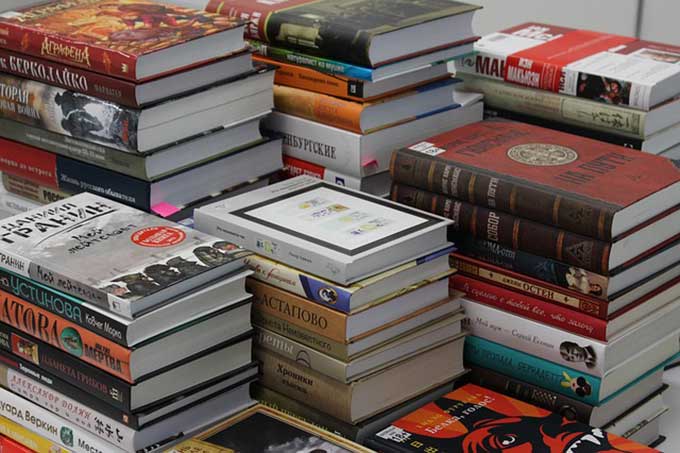Ken Norton: "How I read 61 books last year"

Ken Norton is a partner at GV (formerly Google Ventures). In the post, he explains how he increased the number of books he read per year from 5 or 6 to 61. One smart thing he did was quickly abandon books that bored him.
I had an almost masochist need to finish any book I started, even if I got bored five pages in, found it repetitive, or decided the author was annoying. That meant a single book could take months to grind through, a page or two at a time. This probably slowed my book reading pace more than anything else. Now if I'm not enjoying a book, I quit and move on to the next one. No big deal. I find that's another advantage of reading e-books (see below). An abandoned paper book just sits on my nightstand, a sad monument to my failed experiment. When I ditch an e-book, it just scrolls off the list into the void.
He also writes down what he learned from each book:
Remembering that I've read a book isn't sufficient if I don't also keep track of what I've learned. I use Kindle's highlights and notes features to mark interesting or representative passages as I go. I don't tend to write lengthy book reviews, so I've started a note file to record three things I learned from each book. Within a few days of finishing a book, I review the Kindle highlights and then take five minutes to record my thoughts (I use the Bear app, but anything will do the trick).
Here's a recent example, from Eric Schlosser's outstanding book about nuclear safety, Command & Control:
1. There have been way more nuclear accidents than I'd ever imagined
2. Only sheer luck has prevented an accidental nuclear detonation
3. For years during the Cold War the nuclear bombers were in the air at all times, armed and ready to attack
That's it. (And sleep tight!). It's just enough to freshen my memory and to remind me that it was time well spent. I do this for non-fiction and fiction, but for the latter it often includes characters or story elements I enjoyed, narrative techniques, writing style and the like. I've only been doing this for a few months so we'll see how useful this over time.